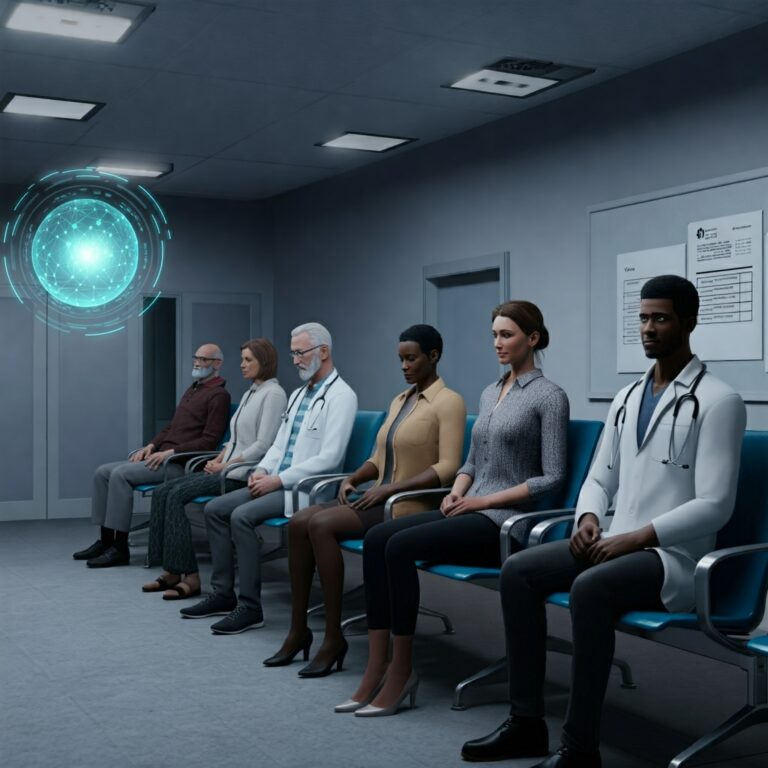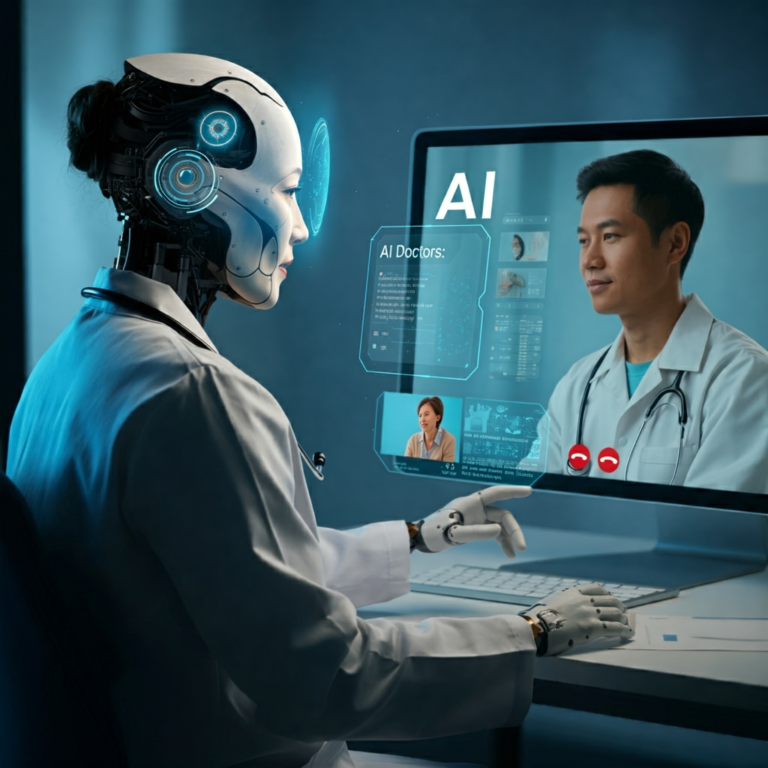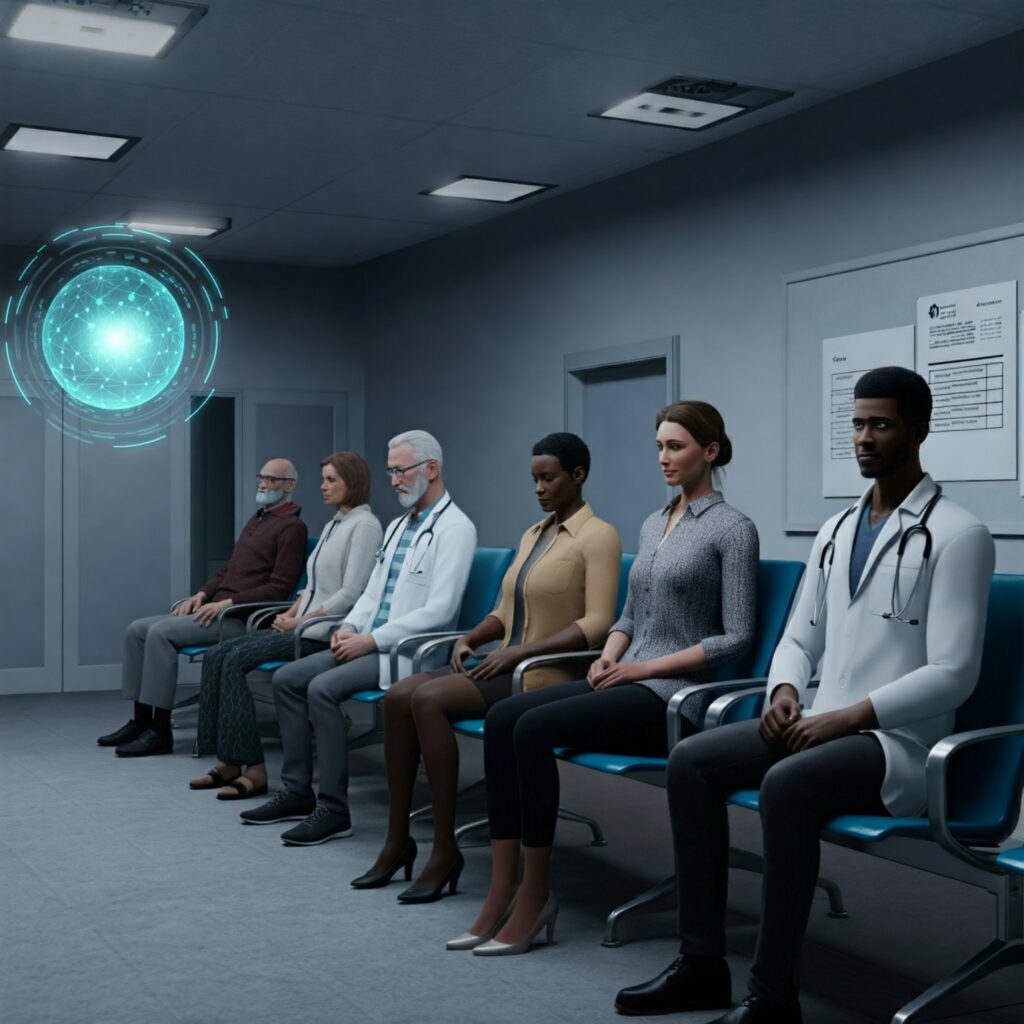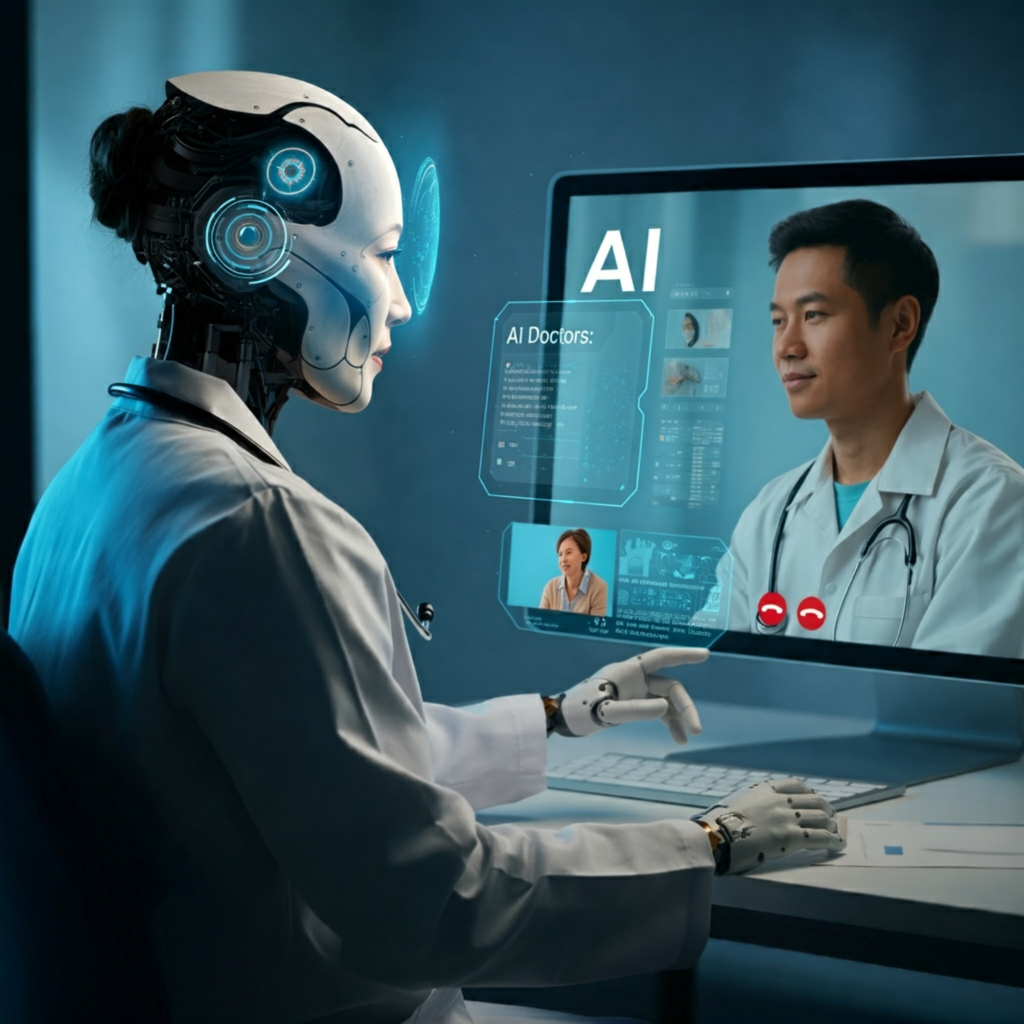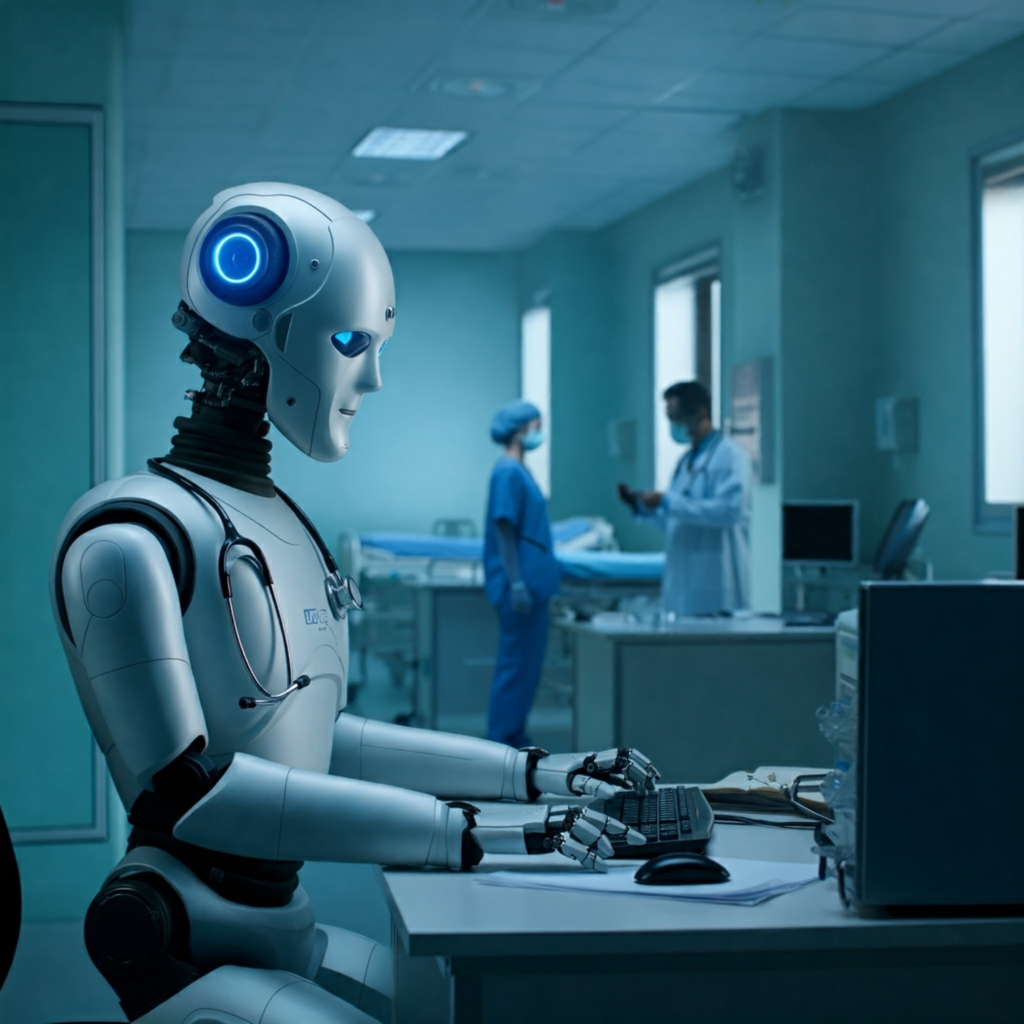AI Doctors: Will Telemedicine Replace Human Physicians?
The healthcare landscape is undergoing a dramatic transformation, fueled by advancements in technology and shifting patient expectations. Telemedicine, once a niche service, has become a cornerstone of modern healthcare delivery, offering increased accessibility, convenience, and cost-effectiveness. But the integration of Artificial Intelligence (AI) into telemedicine platforms is raising new questions, particularly regarding the future role of human physicians. Will AI-powered “doctors” eventually replace human practitioners in the telemedicine space? This article delves into the evolving dynamics of the telemedicine sector, the impact of AI, and ultimately assesses the likelihood of a physician-less future.
Telemedicine: Reshaping the Healthcare Industry
Telemedicine encompasses a broad range of services delivered remotely using telecommunications technology. From virtual consultations and remote monitoring to electronic prescribing and patient education, telemedicine has broken down geographical barriers and expanded access to care, particularly for patients in rural areas or those with mobility challenges. Its growth has been accelerated by the COVID-19 pandemic, which highlighted the need for safe and accessible remote care options.
Within the healthcare industry, telemedicine is reshaping several key areas:
- Primary Care: Telemedicine provides a convenient platform for routine check-ups, managing chronic conditions, and addressing non-emergency medical issues, reducing the burden on primary care clinics.
- Specialty Care: Patients can access specialist consultations remotely, eliminating the need for travel and potentially reducing wait times for specialized care.
- Mental Health: Teletherapy has gained significant traction, offering accessible and confidential mental health support.
- Remote Patient Monitoring: Wearable devices and connected health platforms enable continuous monitoring of vital signs, facilitating proactive intervention and personalized care management.
AI Integration: A New Era for Telemedicine
The integration of AI is supercharging the capabilities of telemedicine platforms. AI algorithms can analyze vast amounts of patient data, identify patterns, and assist in diagnosis and treatment planning. This has several key implications:
- Enhanced Diagnostic Accuracy: AI-powered diagnostic tools can analyze medical images, identify anomalies, and provide clinicians with valuable insights, potentially leading to earlier and more accurate diagnoses.
- Personalized Treatment Plans: AI algorithms can analyze patient data, including medical history, genetics, and lifestyle factors, to develop personalized treatment plans that optimize outcomes.
- Automated Triage and Prioritization: AI can assess patient symptoms and prioritize cases based on urgency, ensuring that patients requiring immediate attention receive timely care.
- Improved Efficiency and Productivity: AI can automate administrative tasks, freeing up clinicians to focus on patient care. Chatbots can handle routine inquiries, schedule appointments, and provide basic medical information.
- Predictive Analytics: AI algorithms can analyze patient data to predict future health risks and enable proactive interventions, preventing hospital readmissions and improving long-term health outcomes.
Key Trends and Statistics Shaping the Future of Telemedicine:
- Increasing adoption of remote patient monitoring: The global remote patient monitoring market is projected to reach substantial figures in the coming years, driven by the growing prevalence of chronic diseases and the need for continuous monitoring.
- Rise of AI-powered virtual assistants: Chatbots and virtual assistants are becoming increasingly sophisticated, providing patients with personalized health information, medication reminders, and support for managing their conditions.
- Growing demand for mental health telehealth services: The stigma surrounding mental health is gradually decreasing, leading to increased demand for accessible and convenient telehealth options for mental health support.
- Integration of telemedicine into existing healthcare systems: Healthcare providers are increasingly integrating telemedicine into their existing workflows, creating seamless and coordinated care pathways for patients.
- Focus on data security and privacy: As telemedicine platforms handle sensitive patient data, ensuring data security and privacy is paramount. Robust cybersecurity measures are crucial to maintain patient trust and comply with regulations.
Recent Market News:
- Several major healthcare systems have announced significant investments in telemedicine infrastructure and AI-powered solutions.
- Partnerships between technology companies and healthcare providers are driving innovation in the telemedicine space.
- Regulatory bodies are adapting to the rapid growth of telemedicine, developing guidelines and frameworks to ensure quality of care and patient safety.
Summary: AI Doctors: Will Telemedicine Replace Human Physicians?
While AI is undoubtedly transforming the telemedicine landscape, the complete replacement of human physicians seems unlikely in the foreseeable future. AI serves as a powerful tool to augment the capabilities of clinicians, enhancing efficiency, accuracy, and personalization of care. However, the human element of medicine remains crucial, particularly in areas requiring empathy, complex decision-making, and nuanced communication.
The future of telemedicine likely involves a collaborative approach, where AI and human physicians work together to deliver optimal patient care. AI can handle routine tasks, analyze data, and provide insights, while human physicians focus on complex cases, building patient relationships, and providing emotional support. This collaborative model leverages the strengths of both AI and human intelligence, creating a more efficient, effective, and patient-centered healthcare system.
The ethical considerations surrounding AI in medicine, including bias in algorithms, data privacy, and responsibility for medical decisions, must be carefully addressed as the technology evolves. The focus should remain on ensuring that AI serves as a tool to enhance human capabilities and improve patient outcomes, rather than replacing the essential role of human physicians in delivering compassionate and comprehensive care.


